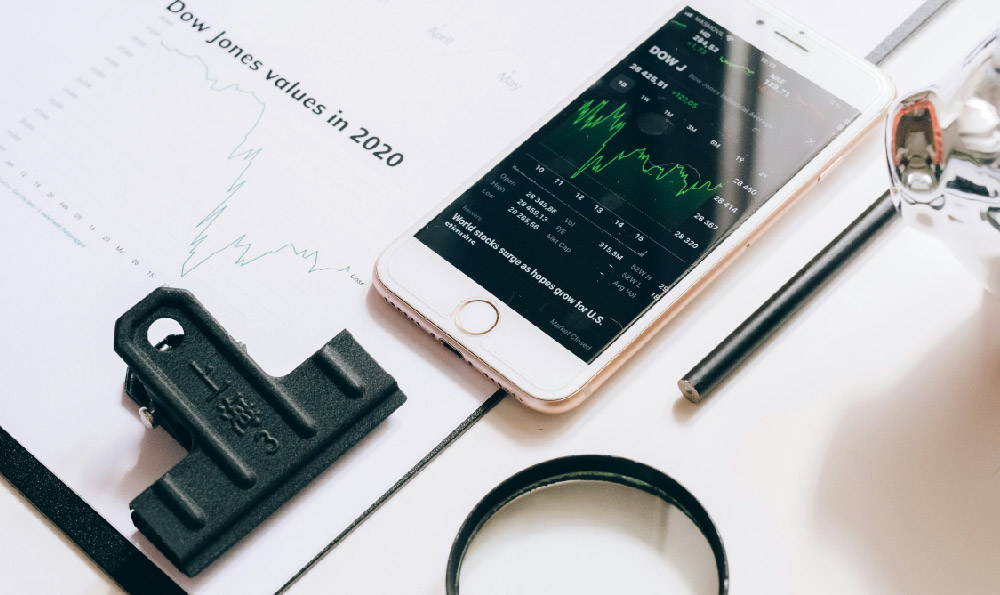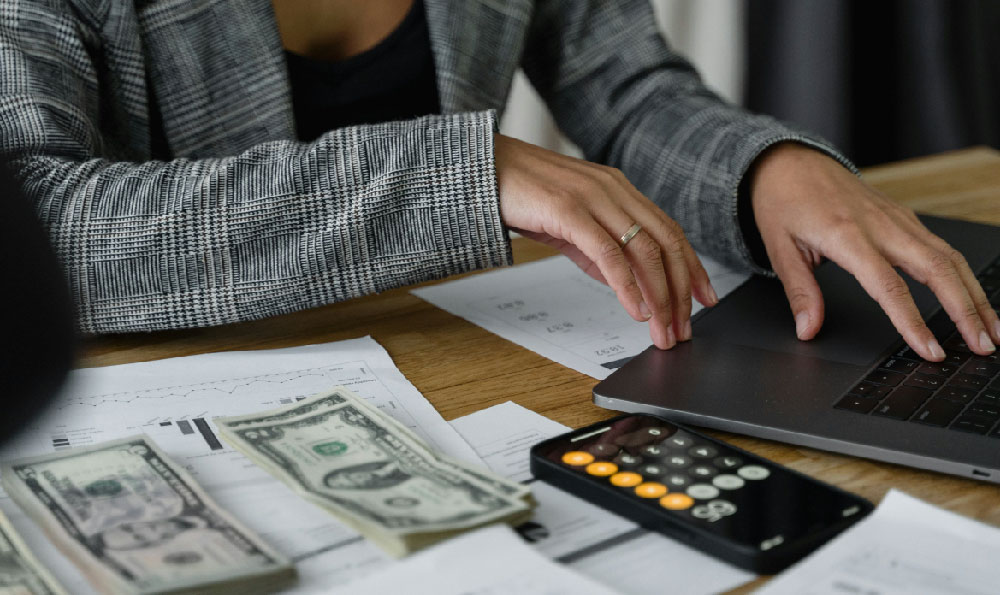Navigating the cryptocurrency exchange landscape can be complex, especially when considering platforms like Upbit and their accessibility to international users. Upbit, a leading South Korean cryptocurrency exchange, has garnered significant attention due to its substantial trading volume and diverse range of listed cryptocurrencies. However, for those residing outside of South Korea, accessing and utilizing Upbit's services involves understanding certain restrictions and navigating specific requirements. This article delves into the intricacies of Upbit's accessibility for foreigners, outlining the limitations and providing insights into alternative pathways for participating in the cryptocurrency market.
Understanding Upbit's Core Operations and Regulatory Landscape
Before addressing the specifics of foreign access, it’s crucial to grasp the fundamental aspects of Upbit's operation. Upbit, operated by Dunamu Inc., is subject to the regulatory oversight of South Korean financial authorities. These regulations, primarily aimed at preventing money laundering and ensuring investor protection, dictate various operational protocols, including Know Your Customer (KYC) procedures and reporting requirements. These regulations directly influence who can access and trade on the platform.

South Korea has implemented stringent regulations surrounding cryptocurrency exchanges, pushing them to adopt robust verification processes and implement measures to comply with anti-money laundering (AML) laws. Upbit adheres to these regulations, making it challenging for individuals who are not residents of South Korea to directly access the platform. The focus is on verifying the identity and residency of users, ensuring compliance with domestic financial laws.
The Hurdles for Foreign Investors: Residency and Verification
The primary obstacle for foreigners seeking to use Upbit lies in the stringent residency requirements. Upbit, like many regulated cryptocurrency exchanges, requires users to verify their identity and residency within the jurisdiction it operates. For Upbit, this typically means holding a South Korean national identification card (ID) or a South Korean alien registration card (ARC). Without either of these documents, the standard account verification process becomes extremely difficult, if not impossible.
Furthermore, South Korean regulations often require cryptocurrency exchanges to partner with local banks to facilitate real-name accounts. These accounts are linked to the user's identification and are used for depositing and withdrawing funds. For foreigners without a South Korean bank account linked to their ARC, funding an Upbit account becomes another significant hurdle. Obtaining such a bank account as a non-resident can be a complicated process, often requiring proof of long-term residency or employment in South Korea.
Alternative Approaches: Indirect Exposure and Proxy Services (Caveat Emptor)
While direct access to Upbit may be restricted, there are indirect methods that some individuals may explore to gain exposure to the cryptocurrencies listed on the platform. However, it's paramount to approach these methods with extreme caution and a thorough understanding of the associated risks.
One such approach involves utilizing proxy trading services. These services, often operating in a gray area legally, claim to provide access to exchanges like Upbit by utilizing accounts registered under the names of South Korean residents. However, engaging with these services carries substantial risks, including the potential for fraud, account seizure by the exchange, and legal repercussions. Due to the anonymity and unregulated nature of these services, recovering lost funds or resolving disputes can be incredibly challenging.
Another avenue for indirect exposure involves trading cryptocurrencies that are listed on both Upbit and international exchanges. By focusing on cryptocurrencies with high liquidity across multiple platforms, individuals can participate in the market without directly accessing Upbit. This approach necessitates careful analysis of price discrepancies across exchanges and understanding the potential for arbitrage opportunities. However, it also requires awareness of trading fees, withdrawal limits, and the regulatory frameworks governing the international exchanges being utilized.
Regulatory Considerations and the Risk of Non-Compliance
Navigating the complexities of accessing cryptocurrency exchanges from different jurisdictions necessitates a clear understanding of the legal and regulatory landscape. Attempting to circumvent Upbit's residency requirements through deceptive means can have serious consequences, including account termination, legal penalties, and potential issues with tax authorities. It's crucial to prioritize compliance with all applicable laws and regulations in both your country of residence and the jurisdiction where the exchange operates.
Engaging in activities that violate Upbit's terms of service or South Korean financial regulations can result in the freezing of assets, the permanent closure of accounts, and potential legal action. It's essential to thoroughly review the exchange's terms and conditions and seek legal counsel if you are uncertain about the legality of your activities.
Looking Ahead: Evolving Regulations and Potential Future Access
The regulatory landscape surrounding cryptocurrency exchanges is constantly evolving. As governments worldwide grapple with the challenges and opportunities presented by digital assets, we may see changes in the accessibility of exchanges like Upbit for foreign users. Some jurisdictions are exploring the possibility of reciprocal agreements that would allow verified users from other countries to access domestic exchanges.
However, until such agreements are in place, it's prudent to assume that accessing Upbit directly will remain challenging for non-residents of South Korea. The most responsible approach involves focusing on regulated exchanges within your own jurisdiction and exploring alternative investment strategies that comply with all applicable laws and regulations.
Conclusion: Prudence and Informed Decision-Making
While the allure of accessing a platform like Upbit with its unique listing of cryptocurrencies is understandable, it's essential to approach the situation with prudence and informed decision-making. The residency requirements and regulatory constraints make direct access difficult for foreigners. Exploring alternative approaches carries significant risks and potential legal ramifications.
The best course of action is to focus on reputable and regulated cryptocurrency exchanges within your own jurisdiction, ensuring compliance with all applicable laws and regulations. Thorough research, risk management, and a clear understanding of the legal landscape are paramount to successful and responsible cryptocurrency investing. Before engaging with any cryptocurrency exchange, always conduct thorough due diligence and seek professional financial advice if needed. Remember, protecting your assets and complying with the law should be your top priorities.












